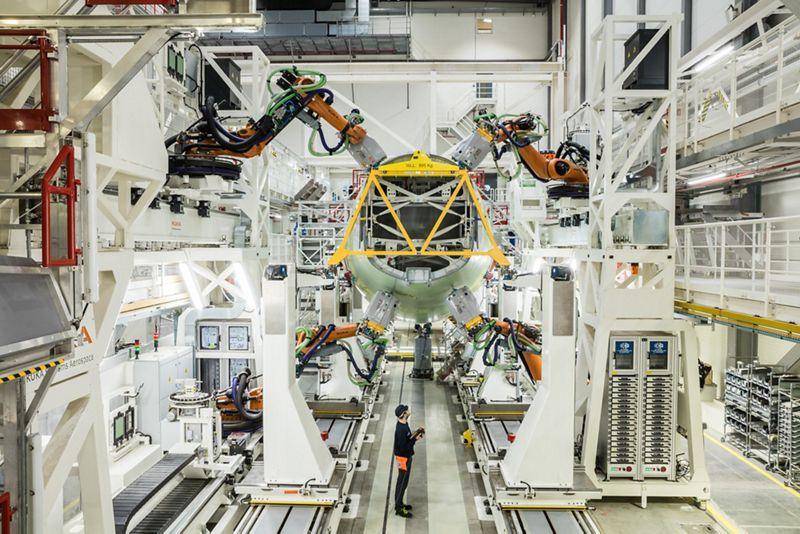
Credit: Airbus
Based on Airbus’ latest thinking that single-aisle demand will return sooner than expected, the OEM is resuming preparatory work for a new narrowbody final assembly line in Toulouse to be operational by the end of 2022. The move is part of a broader initiative to regain momentum for single-aisle...
Subscription Required
This content requires a subscription to one of the Aviation Week Intelligence Network (AWIN) bundles.
Schedule a demo today to find out how you can access this content and similar content related to your area of the global aviation industry.
Already an AWIN subscriber? Login
Did you know? Aviation Week has won top honors multiple times in the Jesse H. Neal National Business Journalism Awards, the business-to-business media equivalent of the Pulitzer Prizes.

